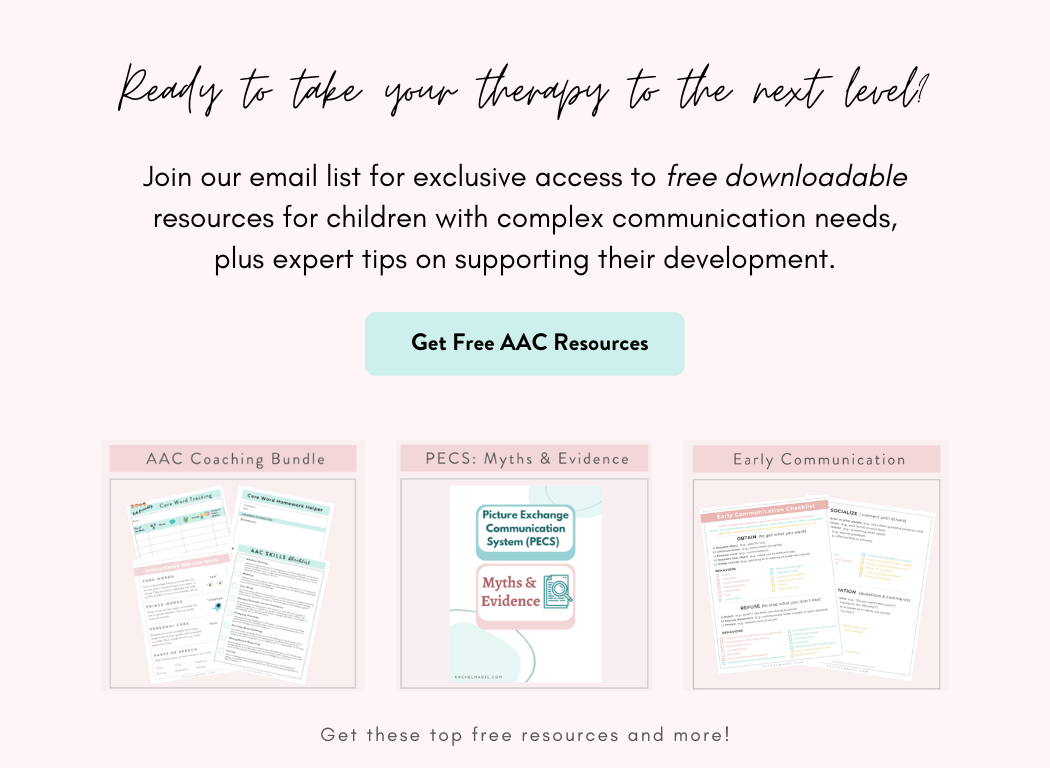Toxic Mold Destroyed My Life; Here's How it Made Me a Better Clinician
I'm living in Hawaii! I'd love to say that it's because I just wanted a tropical getaway.
The real story behind my relocation?
I discovered I've had severe toxic mold poisoning.
My beautiful Venice beach apartment, where I have lived the last 5 years, was full of invisible mold.
My health has been rapidly declining the last 5 years and in 2018 I was diagnosed with mast cell activation syndrome. Basically, it means my body has become hyper-reactive to foods, medications, and chemicals as if I had severe, life-threatening allergies.
I can be sitting in a meeting or having lunch with a friend and suddenly my body goes into overdrive and my skin feels like it's on fire. I've had to become hyper-vigilant about my environment and I carry an epi-pen everywhere I go for fear of anaphylaxis.
In the last 5 years, I have been to 16 different doctors, desperately trying to figure out what was wrong with me. At the beginning of this year, I started losing my vision (which still hasn't fully returned), having numbness and tingling in my hands and feet, and have been riddled with debilitating pain.
The root cause? Neurotoxins from mold.
When I discovered I was unknowingly living in mold, I left all of my belongings behind in LA and hopped on a plane to Hawaii--- a place I've always thought has magical healing powers.
My recovery is slow and requires a high level of patience and determination. But every day I feel a little better. I’ve been so grateful to be surrounded by the majestic beauty of Hawaii.
As I finally see light peeking out from the end of the tunnel, I've been overwhelmed with emotions and reflection. The lessons of this long, arduous journey have given me even more compassion for the families and students I serve.
Lesson #1:
Give grace. You never really know what’s going on in someone’s personal life. I’ve spent the last 5 years secretly suffering. On the outside it appears like I’ve got it all together: I’ve built a private practice, started a podcast, created a YouTube Channel, presented at conferences, developed a library of resources and launched courses. My family and close friends are the only ones who saw my immense struggle both physically and emotionally. The fear and uncertainty of not knowing if I would ever live a normal life again chipped away at my resilience and hope and some days it took every ounce of willpower for me to get out of bed.
It’s easy to get frustrated that a family isn’t using a device at home or modeling throughout the day. We don’t really know what’s going on beneath the surface with the families we serve, especially when they have medically fragile children. Be patient and recognize it takes bandwidth to stimulate growth and change. Sometimes families need to deal with more pressing medical issues before they can even think about prioritizing communication.
Lesson # 2:
Have compassion. Up until recently, I never fully understood what it meant to not have control over my own body --- this is something that our kids with complex medical needs experience every single day. And they often don't have the communication skills to express what's happening to them. When a child isn’t showing up fully to our sessions, we need to be careful about blaming this on inattention or poor behavior. We have no idea what’s going inside a child’s body at any given moment, so I prioritize teaching kids how to self-advocate for what they need and how they feel. Once kids learn to communicate what’s happening in their bodies then we can help support them in getting to a place where they are ready to learn.
Lesson #3:
Don't give up. Sometimes the first thing we try doesn't work. I was unrelenting in my quest to find answers. If I had listened to the first or second or 10th doctor my health might still be rapidly declining. Sometimes our students with complex communication needs require a high level of trial and error to determine what supports they need to learn and grow. They need a clinician that is patient and works tirelessly, believing that eventually, hard work will reveal information that can help us better support them.
I debated sharing this post because I feel exposed and vulnerable. I chose to be brave because I truly believe that sharing authentically and openly can help others who might also be struggling. This journey has helped me cultivate even more empathy and compassion for the students and families I work with… and that feels like an amazing silver lining to all of my struggles.
If you suspect you might be exposed to toxic mold checkout these linked resources:


